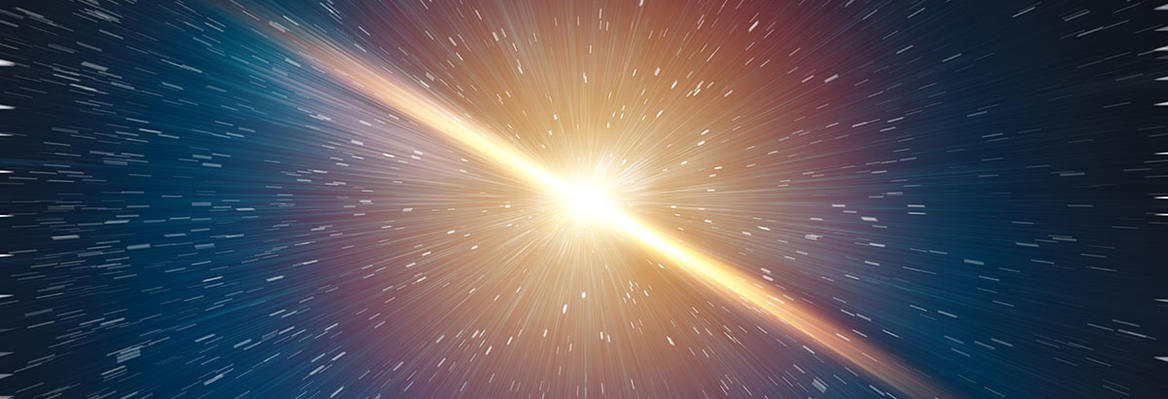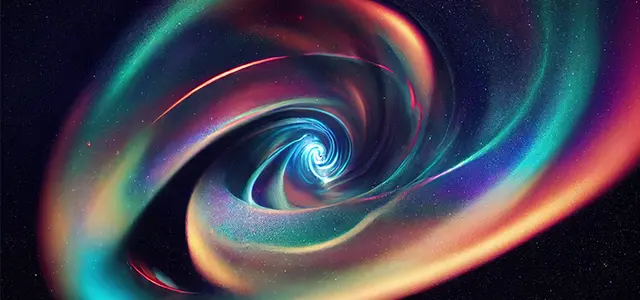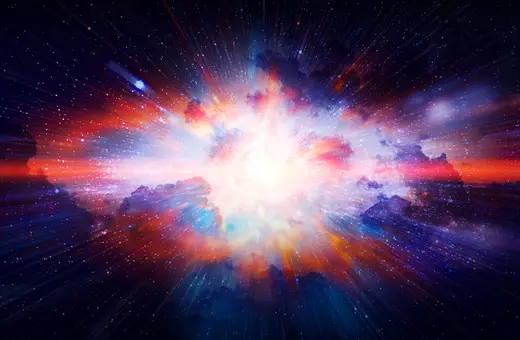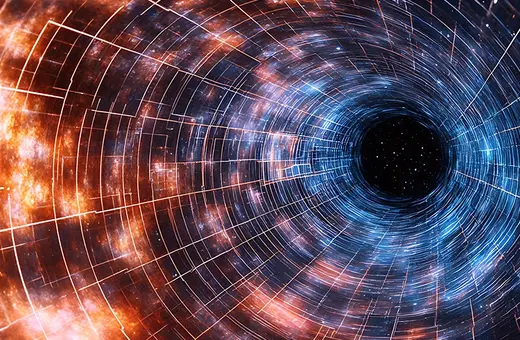Dismantling the belief in a static universe, Edwin Hubble's revolutionary observations in the 1920s laid the groundwork for our understanding of a continually expanding cosmos. However, we must seek to reconcile this theory with observations that are consistent with a non-expanding universe, writes Tim Anderson.
You have been taught that the universe began with a Big Bang, a hot, dense period about 13.8 billion years ago. And the reason we believe this to be true is because the universe is expanding and, therefore, was smaller in the past. The Cosmic Microwave Background is the smoking gun for the Big Bang, the result of a reionization of matter that made the universe transparent about 300–400,000 years after the Big Bang.
How did we go from Einstein modifying his equations to keep the universe static and eternal, which he called the biggest blunder of his life, to every scientist believing that the universe had a beginning in 10 years? It all started with astronomer Edwin Hubble using the most powerful telescope at the time on Mount Wilson in California. At the time, in the 1920s, scientists believed that the Milky Way galaxy was the totality of the universe. Objects in the night sky like Andromeda that we now know are galaxies were called “nebulae”.
Looking at these objects, however, Hubble knew how bright particular stars called Cepheid variables were supposed to be. Knowing how bright they were supposed to be meant that he could tell how far away they were. He found to his surprise that Andromeda and Triangulum had Cepheid variables that were too far away to be inside the Milky Way. They weren’t nebulae. They were galaxies.
___
At the time, in the 1920s, scientists believed that the Milky Way galaxy was the totality of the universe.
___
Hubble’s discoveries, made in 1924, merited a short column on page 6 of the New York Times. In that article, “Dr. Hubbell” was said to have shown that nebulae are in fact “island universes”. The concept was so new that they weren’t even recognized as galaxies. Hubble was able to estimate distances for his newly discovered galaxies. His estimates were off by about a factor of 7 but proportionally correct. Other scientists such as Vesto M. Slipher, had been busy, since 1912, measuring how fast the galaxies he identified were moving towards or away from us by measuring their redshift.
The way you measure redshift uses a concept from atomic theory called spectroscopy. Basically, stars contain elements that absorb light at specific wavelengths. These are patterns of missing wavelengths in the spectrum of the light called absorption spectra. These patterns show up because the atoms contain electrons that absorb photons with particular frequencies. When the photon strikes the atom, the electron absorbs it and moves to a higher orbital, but only if it has the exact frequency needed for that electron. Otherwise, no absorption happens. This property can be used to determine what things are made of by exposing them to light and measuring their emissions. It can also be used to make lasers.

Spectrum of the star Altair from NASA, ESA, Leah Hustak (STScI).






















Join the conversation